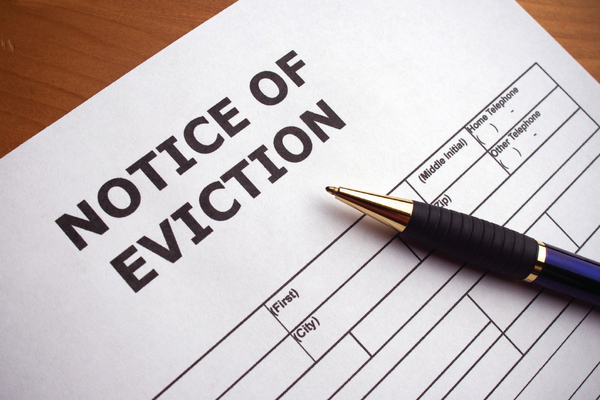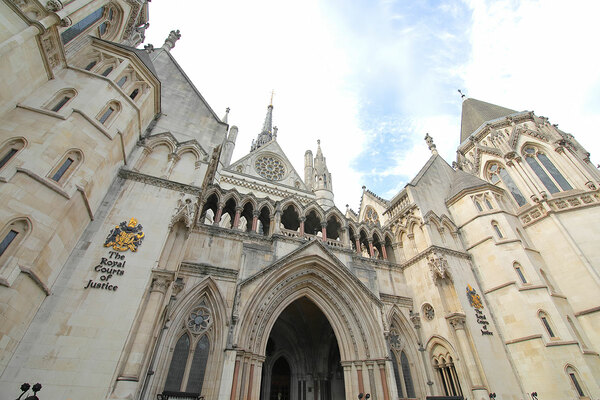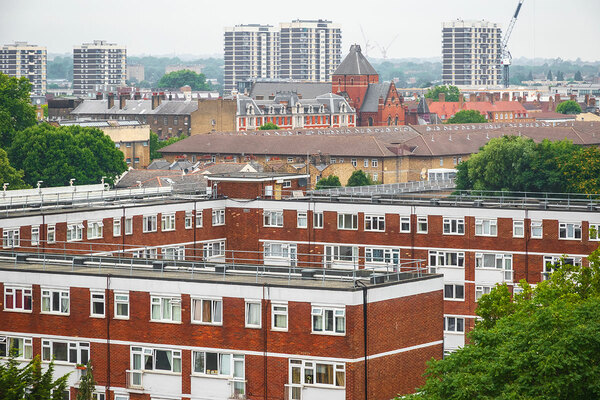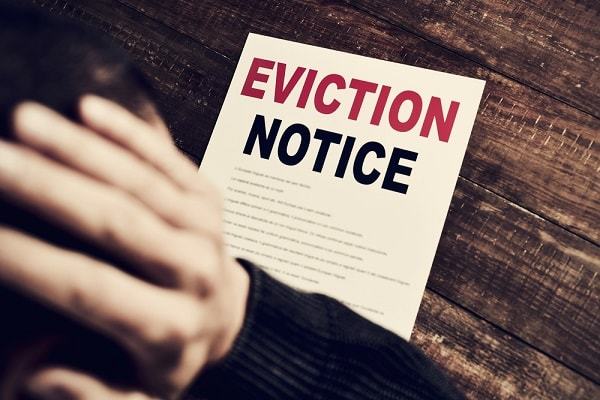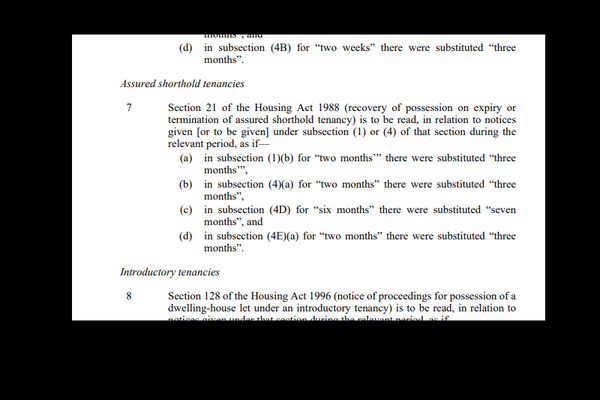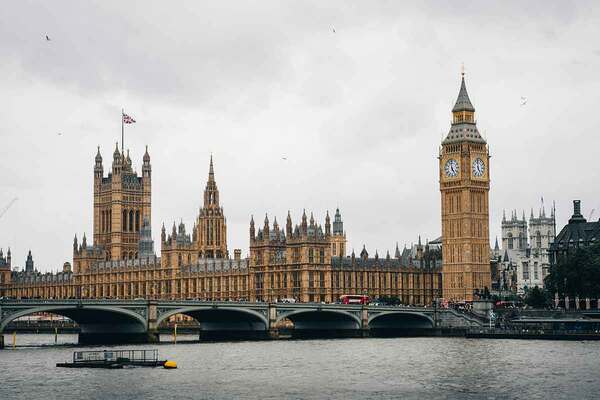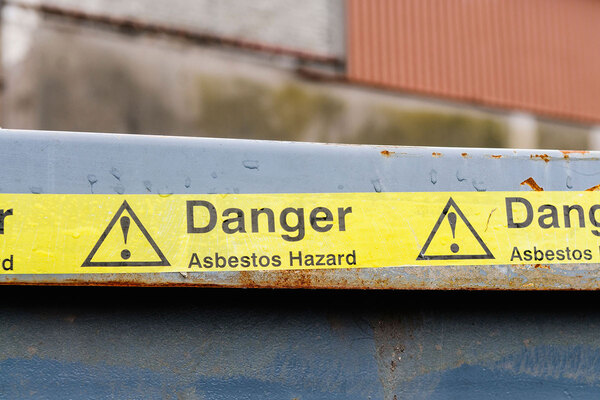Draft legislation on evictions ‘ban’ simply extends notice period to three months
Draft legislation will simply extend the notice period for evictions from two months to three with landlords still able to serve notices on their tenants, Inside Housing can reveal.
Inside Housing has obtained a draft copy of the bill, which would cover England, and is set to go before the House of Commons today. The government had promised it would outlaw evictions in social and private housing during the coronavirus pandemic.
But the bill in fact simply extends the statutory notice period from two months to three for the vast majority of renters – meaning landlords can still serve notice and claim possession at the end of that period.
It also offers no protection to residents who can be evicted without notice – such as those in temporary housing or lodgers.
One source said it was possible other draft bills are under consideration, and that this may not represent the final government plan. The Ministry for Housing, Communities and Local Government (MHCLG) was contacted for comment.
No provision is made for rent arrears that will be built up during this period if people are unable to work. The government has previously said it would encourage landlords and tenants to agree “an affordable repayment plan” for these arrears.
The bill is unlikely to take effect before Friday at the earliest – raising the prospect of a slew of notices before this date. One expert described the measures as “pathetic”, and another source called them “complete crap”.
The bill – part of the government’s emergency coronavirus legislation package which will be debated today – will amend Section 21 of the Housing Act 1988 to change the notice period for ‘assured shorthold tenancies’ from two months to three months.
These are the type of tenancies the overwhelming majority of private tenants are given, and ‘Section 21’ gives landlords the power to bring them to an end at the conclusion of the lease period, which usually lasts for six months to a year.
To do so, the landlord must serve two months’ notice but does not need to give a reason – a process known as ‘no-fault eviction’ and something the government had previously promised to abolish.
But the new law will simply extend this notice period from two months to three.
Regulated, or Rent Act, tenancies (typically private tenancies which began before 1989) will see the notice period increase from four weeks to three months. Secured and assured tenancies – typically for residents of council homes and housing associations – will also see notice periods extended to three months.
The bill will be in force until 30 September.
Governments for the other countries in the UK may bring forward different measures, with the Scottish government today saying no tenants would be evicted during the period.
Update at 11.25am on 23.3.2020
This story was updated to make it clearer that it is possible other draft bills are being developed.
The line "One source said it was possible other draft bills are under consideration" was extended to read "One source said it was possible other draft bills are under consideration, and that this may not represent the final government plan. The Ministry for Housing, Communities and Local Government (MHCLG) was contacted for comment."
More on coronavirus
To see all our coronavirus coverage to date – including the latest news, advice to providers, comment and analysis – use the link below.
Sign up for our daily newsletter
Already have an account? Click here to manage your newsletters
